
Berghs adventskalender uppmärksammas i flera svenska medier
I samband med lanseringen av Stockholms största adventskalender – skapad av studenter från Berghs School of Communication och uppförd på Nytorget – har projektet väckt stor uppmärksamhet i både lokal och nationell media.

5 tips för att lyckas med UX-design
Här berättar Axel Nathorst-Böös om hur han upptäckte UX och produktdesign – och ger tips kring hur man bäst lyckas som designer.
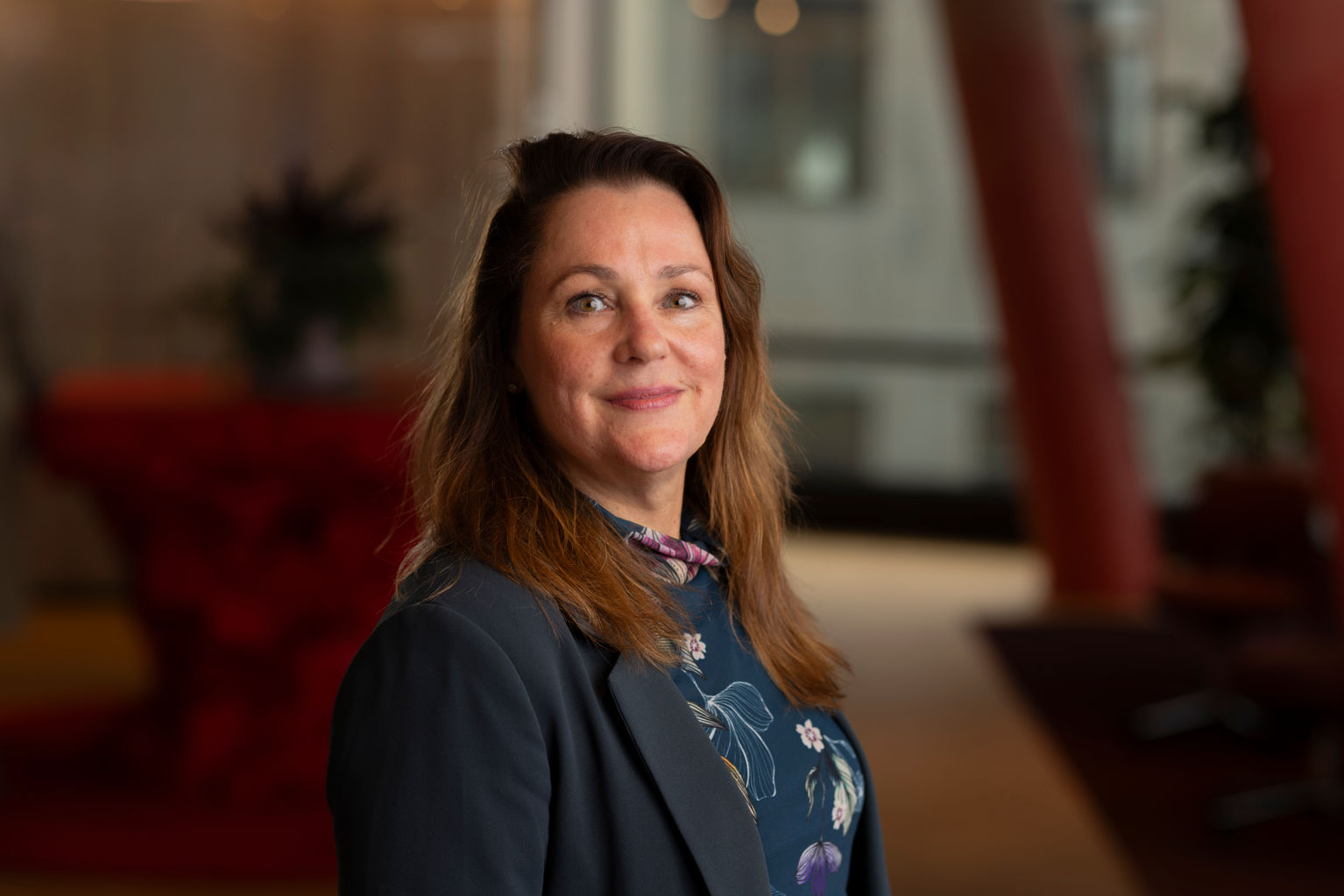
Irena lärde sig använda AI på ett smart och kreativt sätt
Irena Strozyk arbetar med marknadsföring och kommunikation på Svenska Spel. På kursen AI för kommunikatörer lärde hon sig att samarbeta med AI.

Why AI Can’t Learn Like You Do (And Why That Matters)
Andrej Karpathy said something in a recent interview on the Dwarkesh Podcast that stopped me cold: ”When you’re reading a book, the book is a set of prompts for you to do synthetic data generation.”

Kursnyheter på Berghs!
Vi uppdaterar ständigt vårt kursutbud med nya kurser, nytt innehåll och nya lärare!

Intensivkursen gav trygghet, nya verktyg och en projektplan
Linda Wahlund är projektledare och kurator på Ericastiftelsen. Här berättar hon hur kursen på Berghs har stärkt hennes arbete och gett nya perspektiv.

Kursen blev en nytändning i arbetslivet
I denna intervju berättar Flora Wingård om sitt nuvarande jobb och sina upplevelser av kursen Digital försäljning med fokus e-handel.

3 roliga kursdagar som stärkte Linda i sociala medier
Linda Elverstig berättar om jobbet på MatVärden, och om intensivkursen Bygga varumärke i sociala medier som hon gick på Berghs under hösten.
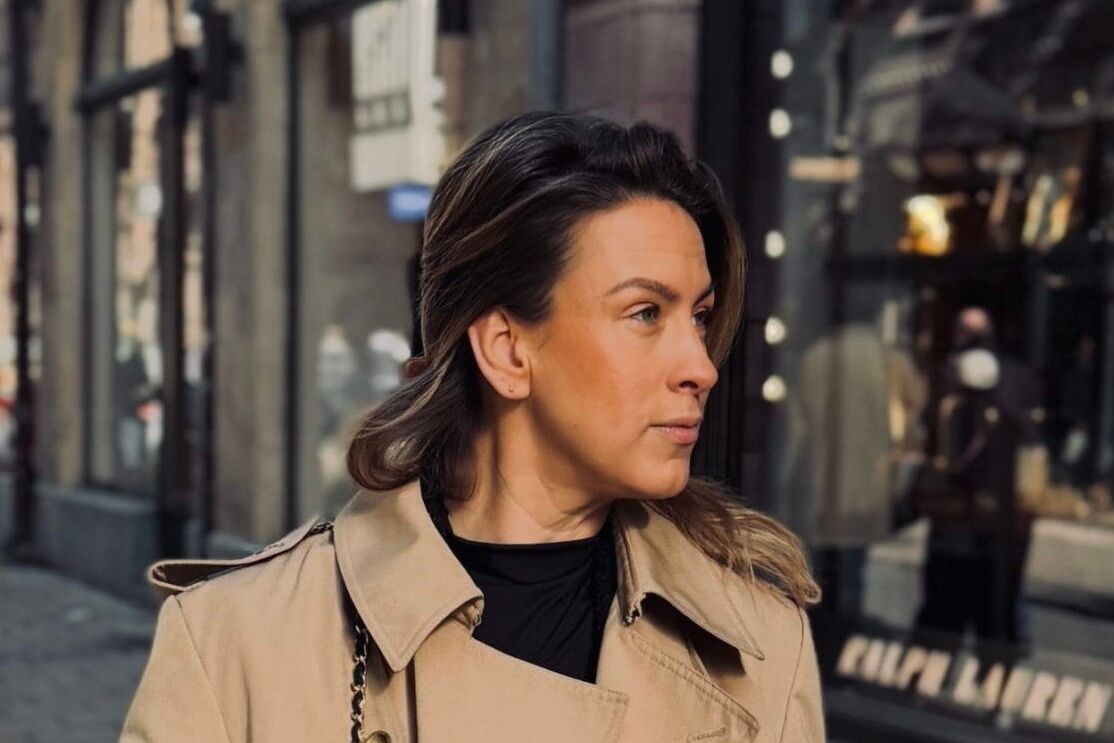
Så blev AI Julias bästa kollega
På distanskursen AI för kommunikatörer lärde sig Julia Humbla att använda artificiell intelligens som ett arbetsverktyg.
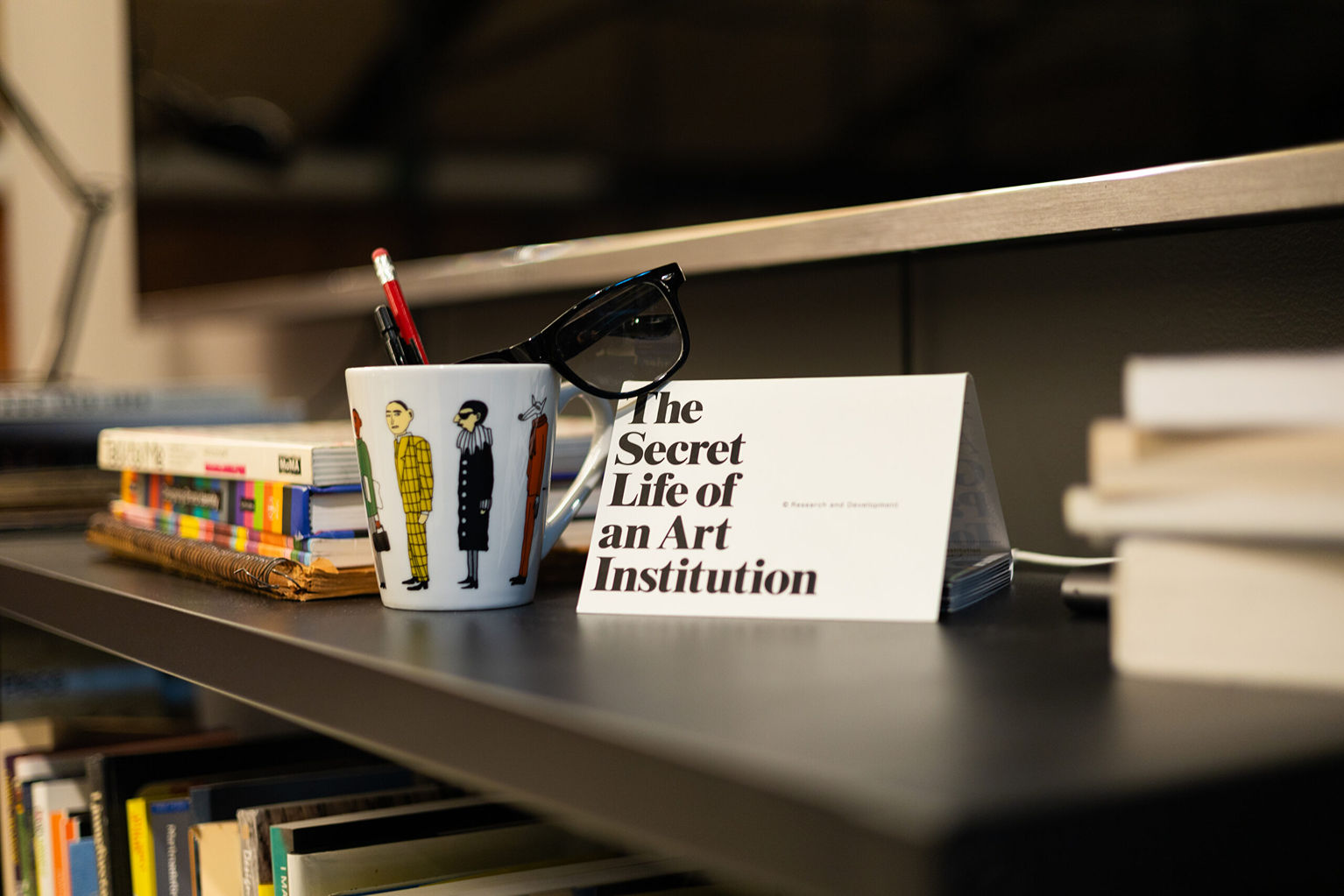
Berghs Intro – NÄR DU är nyfiken på kommunikationsbranschen
Tobias Lundqvist har en lång relation med Berghs och berättar här om kvällskursen Berghs Intro.

Hållbarhetskommunikation som funkar – från fakta till handling
Problemet är i regel inte hållbarhetsarbetet i sig – utan hur vi kommunicerar det. Helena Björklund och Olof Gränström hjälper oss att förstå mer.
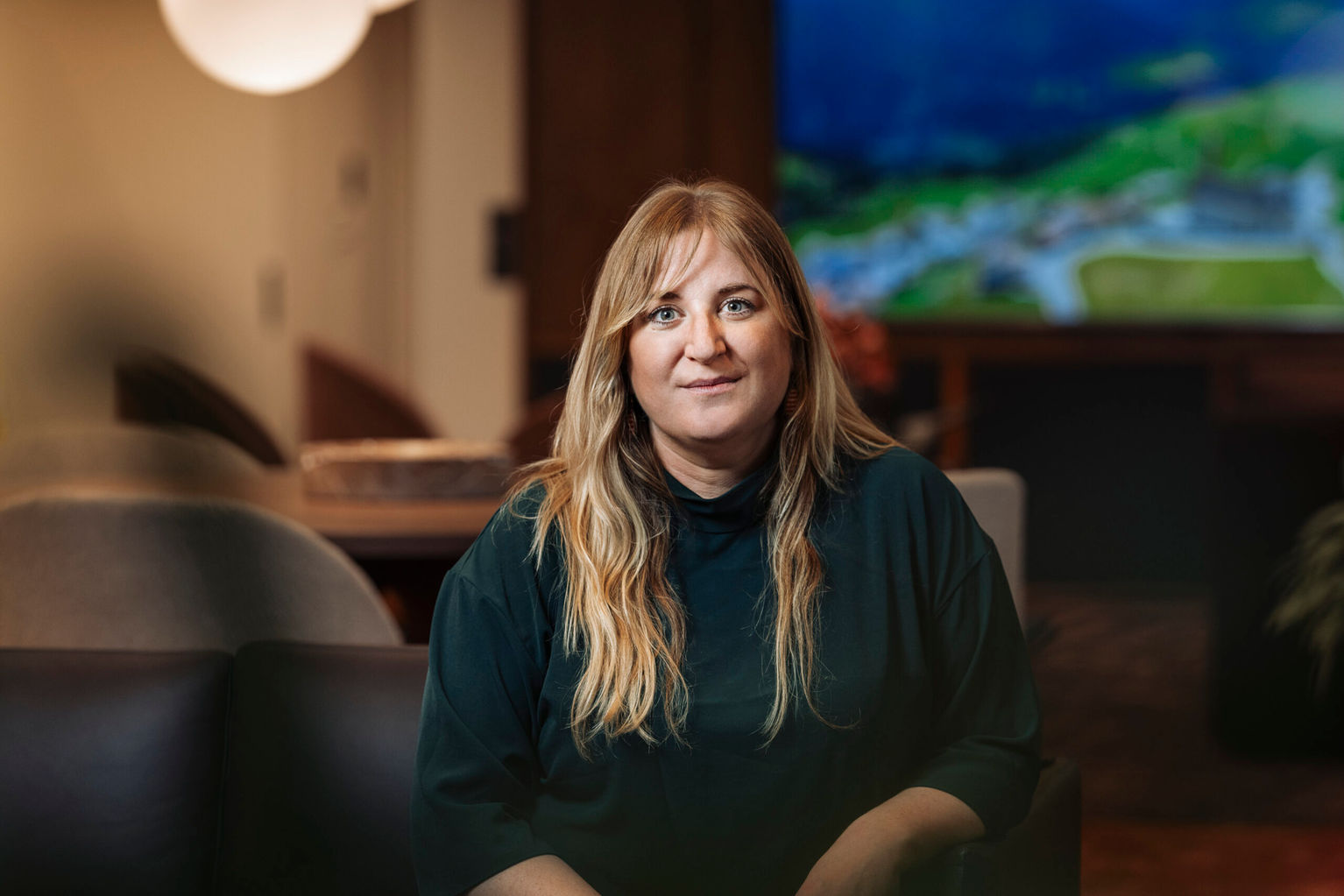
Michelle fick flera värdefulla verktyg på kursen
Michelle Jacobsson berättar om jobbet på Almega Serviceföretagen – och om lärdomarna från kursen Varumärkespositionering och strategi.

”1 person kan göra skillnaden för en ljusare framtid” – Berghsstudent vinner med kampanj som uppmanar vuxna att ta ansvar för barnens framtid
När Skandias stiftelse Idéer för Livet utlyste en tävling för att öka engagemanget kring barns trygghet och framtid, skapade Berghsstudenten Sara Wiman ett bidrag som träffar rakt i hjärtat – och tog hem pris i Ocean Outdoor Digital Creative Competition.

Berghs designstudenter tränade AI att bli mer inkluderande
Kursen Visuell Kultur för andraårsstudenterna på Communication Designprogrammet har just avslutats.

Vårens kvällskurser på Berghs
Fyll på med kunskap, utöka ditt nätverk och få ny energi. Flera ämnen att välja mellan. Sök nu!

Framtidens lärande är personligt, gränslöst och livslångt
Annie Lindmark arbetar med strategisk framsyn och hjälper organisationer att förstå och förbereda sig för framtidens möjligheter och utmaningar.

Growth Marketing på riktigt – så byggde Therese sitt eget varumärke under utbildningen
Hur skapar man ett eget varumärke, från idé till verklighet, under tiden man fortfarande pluggar?
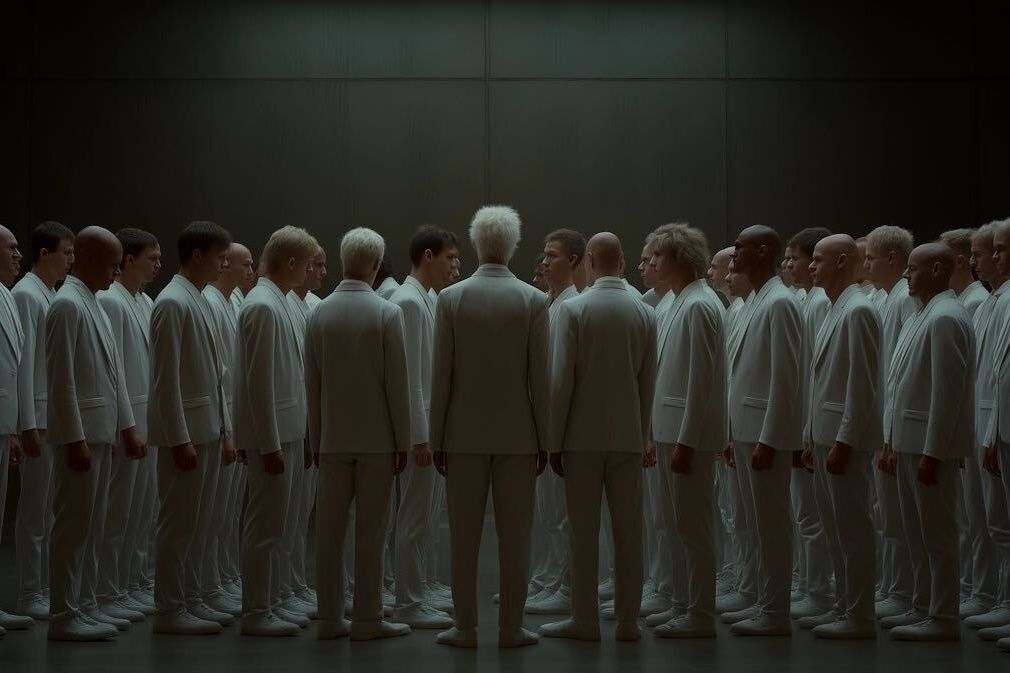
Vad OpenAI:s rapport säger om framtiden
Minns ni när ChatGPT först slog igenom? "vi använder inte AI för att skapa nästa Game of Thrones. Vi använder den för att få ordning på vardagen."
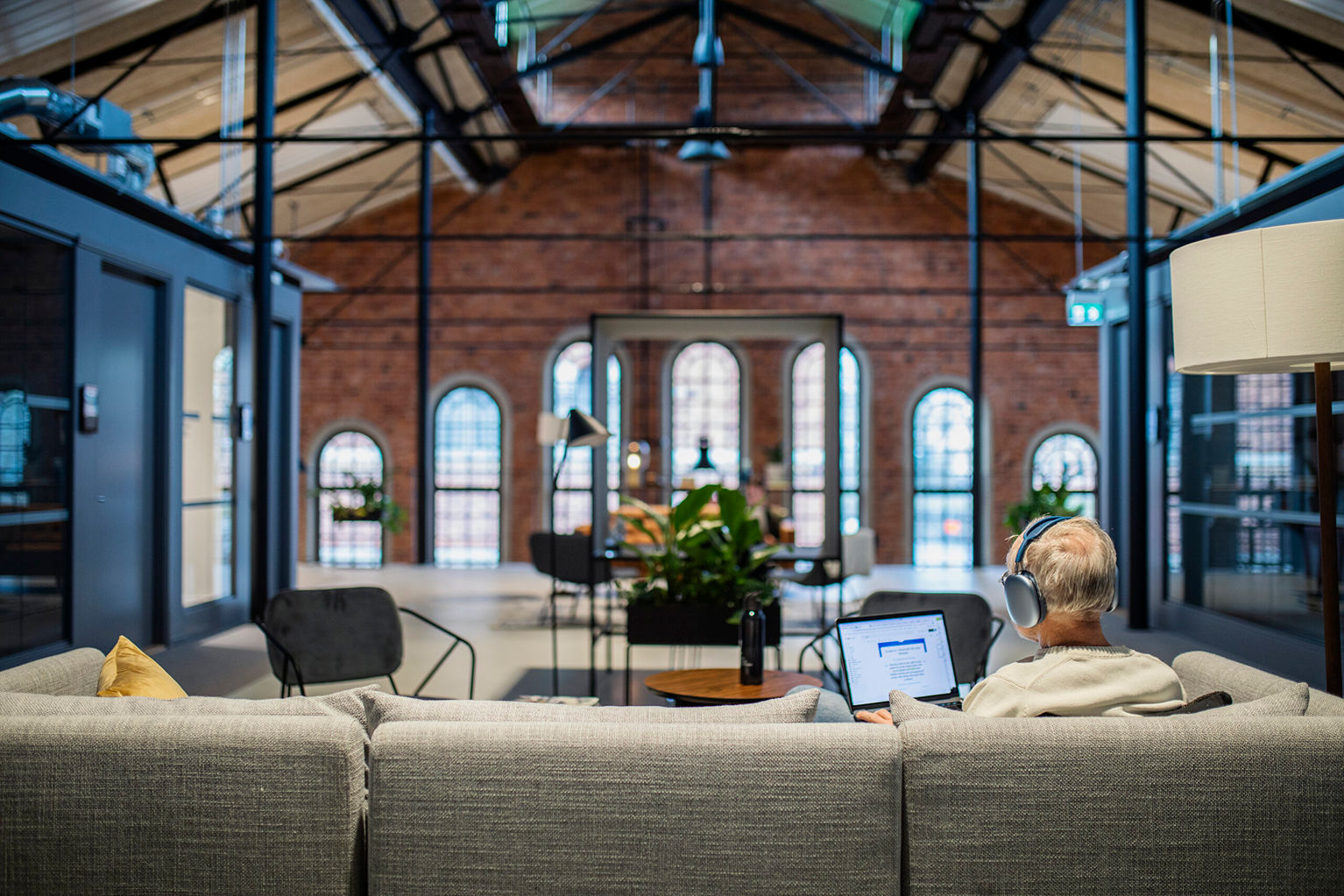
Omställningsstudiestöd - gå på Berghs med lön!
Stödet hanteras av CSN och riktar sig till dig som är mitt i arbetslivet och vill stärka din roll på arbetsmarknaden.
VIS blev en tydligare och modigare branschorganisation med Berghs Studio
VIS blev en tydligare och modigare branschorganisation med Berghs Studio.
Läs mer →
IDÉER TAR FORM — STUDENTPROJEKT SOM REALISERATS OMEDELBART
I en tid då kreativitet och samhällsengagemang spelar allt större roll, presenterade Berghs studenter årets examensprojekt – fyllda av kraftfulla idéer och visioner.
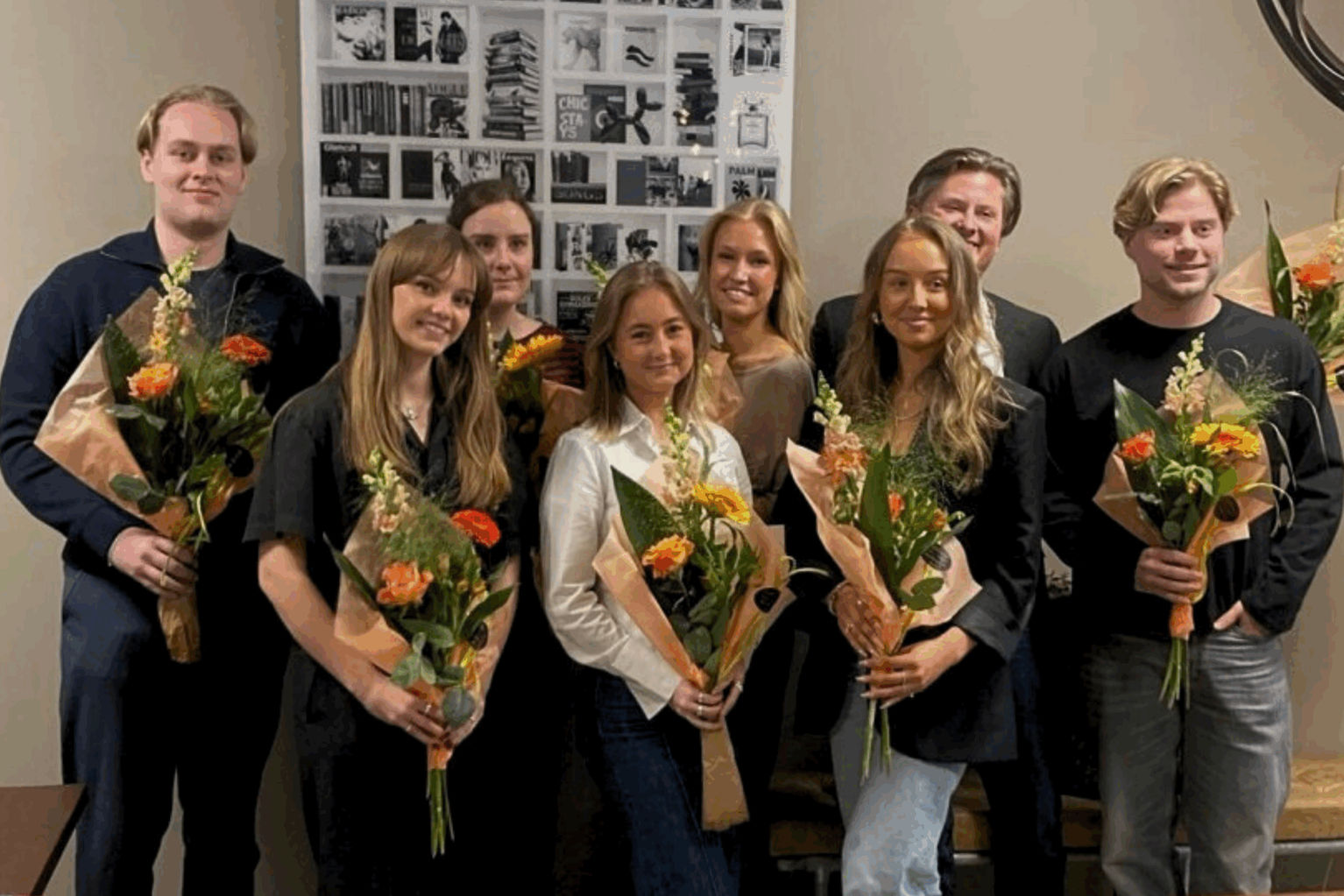
Mind Your Business – en kampanjidé som blev verklighet för Ellevio
När Ellevio sökte en ny väg för att nå elintensiva företag handlade det om mer än bara en kampanj – det handlade om att bygga förtroende och skapa konkreta affärsmöjligheter.

15 veckors distanskurser på Berghs – NÄR DU strävar efter förändring
Du har stor möjlighet att styra över din egen studietid och kan därför oftast arbeta 100% samtidigt som du studerar.
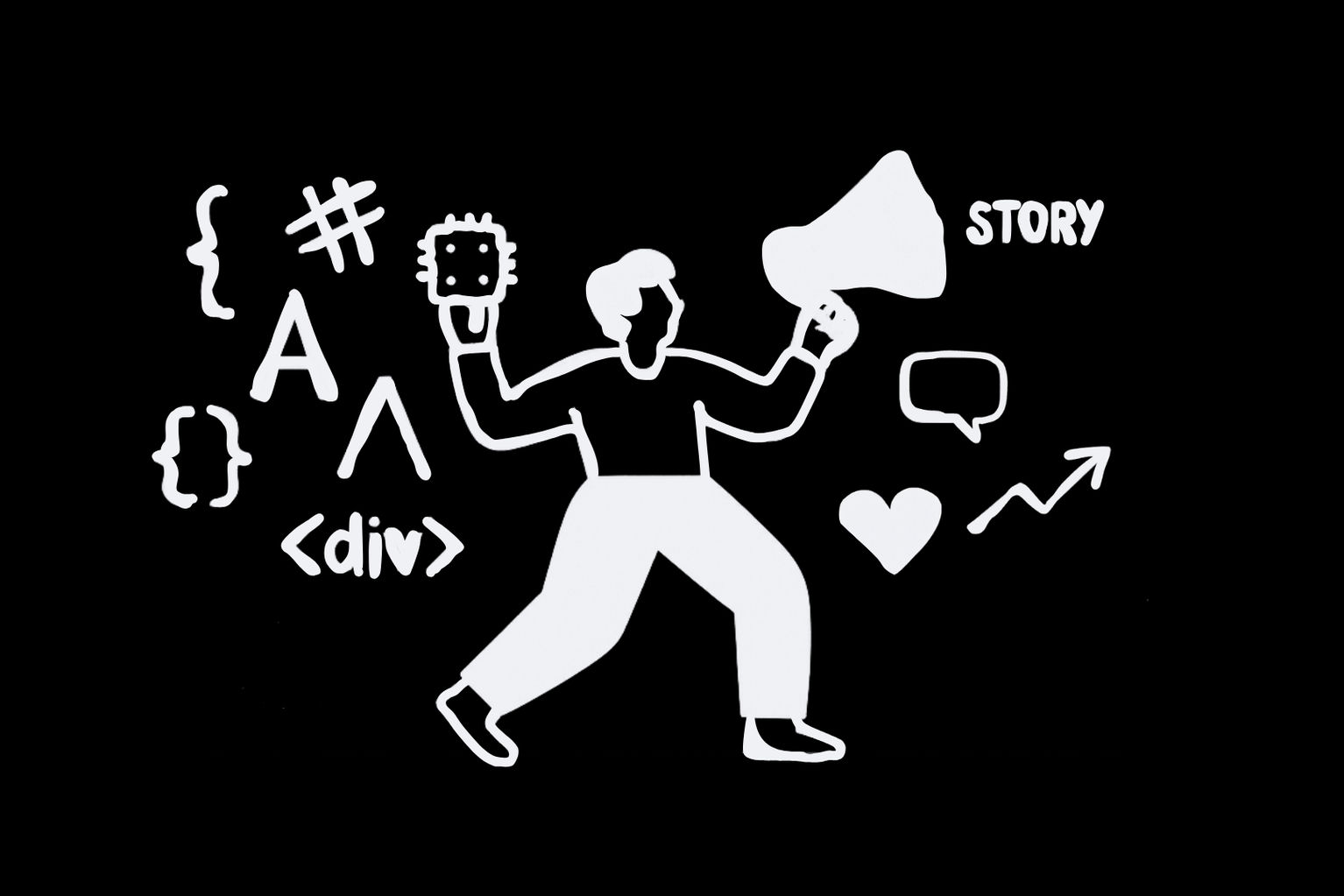
Product Marketing – Så får du din produkt att slå igenom
Jonas Terning och Niklas Eriksson delar med sig av några tips och förklarar vem deras kurs Product Marketing passar för.